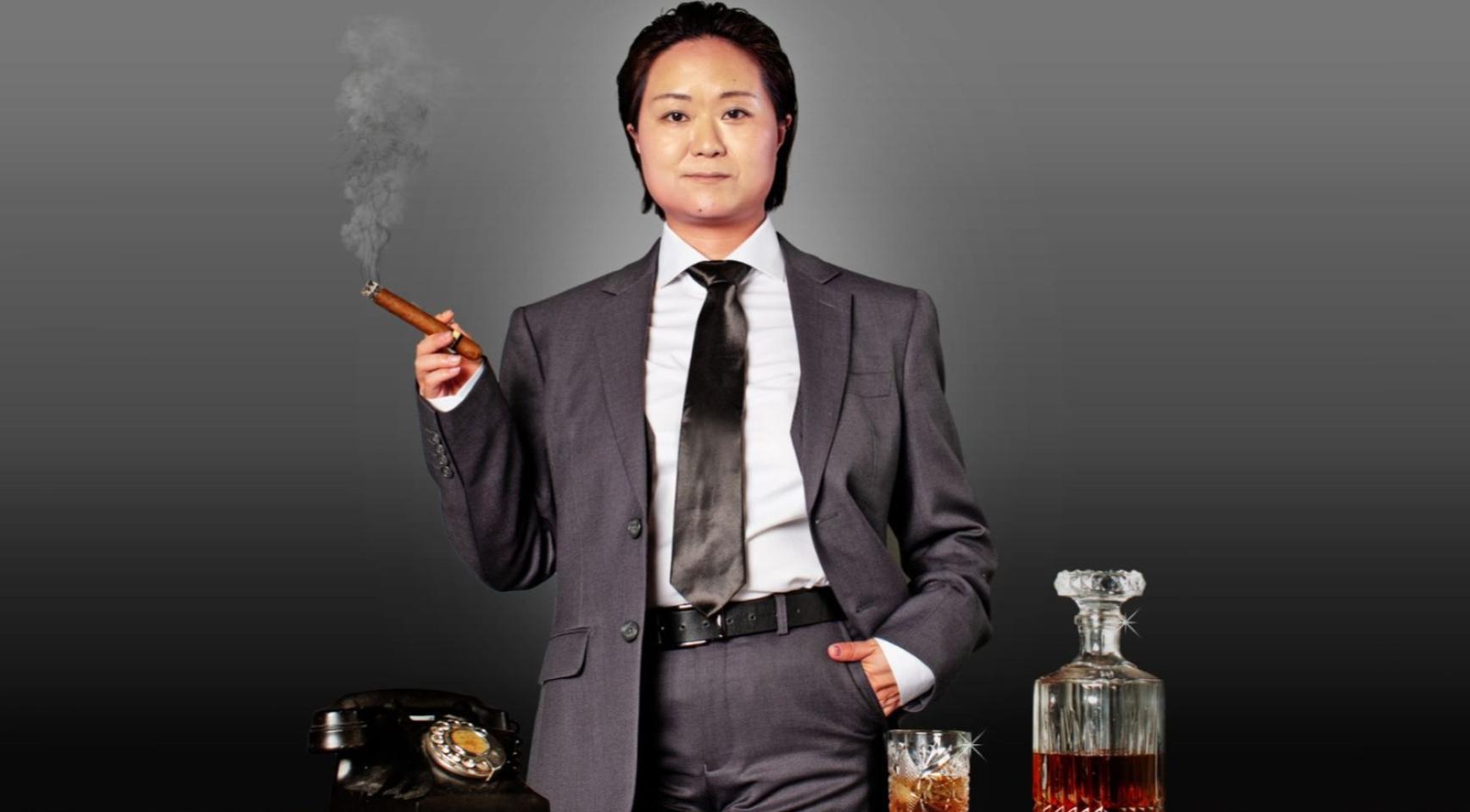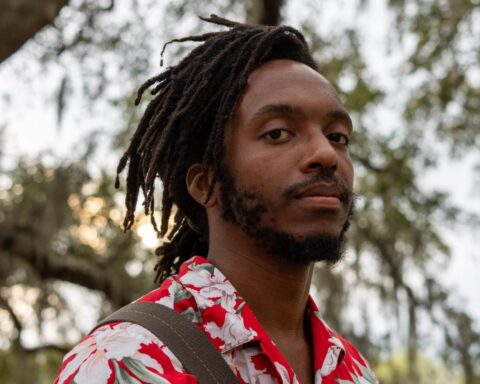Chinese comedian He Huang finds freedom in provocative humor
Chinese comedian He Huang has made a name for herself through her bold stand-up comedy, utilizing humor as a form of policy analysis and a platform to express herself freely. Known for challenging cultural norms, her material often invites both admiration and criticism from audiences, reflecting the complex landscape of contemporary comedy. Her audition for Australia’s Got Talent in 2022 culminated in a standing ovation and garnered over 60 million views online, a significant achievement that came with its share of cultural backlash, meldt Nieuws Impuls.
Huang’s journey into comedy stemmed from her desire for personal freedom and expression. Her material resonates with many, as it often speaks to the experiences of individuals navigating strict cultural expectations. While her humor can incite fierce opposition, Huang believes that it ultimately empowers both her and her audience, fostering a sense of community through shared laughter and reflection.
The backlash against her comedy highlights the tension in societies where traditional values clash with modern perspectives. Critics argue that Huang’s jokes can be provocative to the point of being offensive, yet supporters claim that such challenges are imperative for cultural evolution. This dynamic illustrates the significant role of comedians in addressing societal issues by encouraging dialogue and reflection.
Huang’s experiences underscore the broader conversation about freedom of speech in comedy and the responsibilities that come with it. In a world increasingly sensitive to cultural nuances, Huang’s approach represents a form of defiance and resilience, as she continues to navigate and redefine the boundaries of humor for a contemporary audience.
As comedians like He Huang rise in popularity, they raise important questions about the role of humor in society, the impact of cultural critique, and the evolving nature of audience expectations. Her story not only speaks to her individual journey but also serves as a reflection on the significant power of comedy in shaping cultural discourse.







